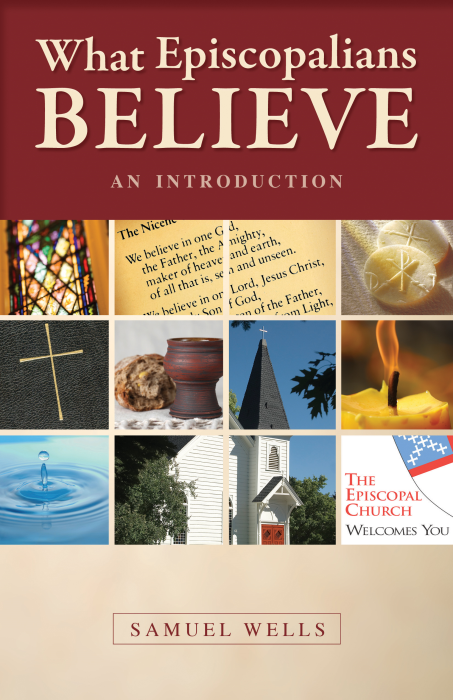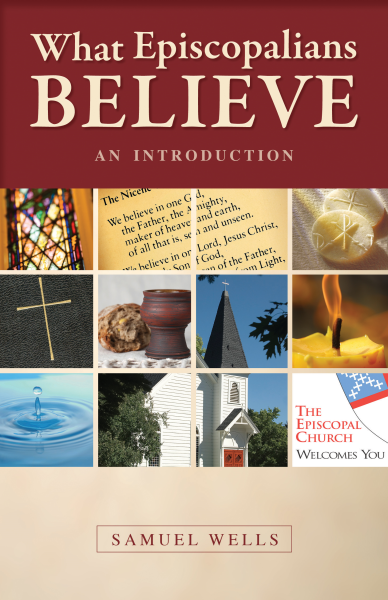Biblical Studies & Theology
Biography / Memoir
Church Supplies & Gifts
Curriculum & Faith Formation
En Español
Gender Studies / LGBTQ
Health and Wellness
Leadership
Liturgy & Worship
Prayer and Spirituality
Series
The Episcopal Church / Anglicanism
The Way of Love

Samuel Wells
Morehouse Publishing
Oct/2011, 112 Pages, Paperback, 5.5 x 8.5
ISBN: 9780819223104
A collection of essays by top Episcopal thinkers on various topics, including faith and reconciliation.
The New Church’s Teaching series has been one of the most recognizable and useful sets of books in The Episcopal Church. With the launch of the Church’s Teachings for a Changing World series, visionary Episcopal thinkers and leaders have teamed up to write a new set of books, grounded and thoughtful enough for seminarians and leaders, concise and accessible enough for newcomers, with a host of discussion resources that help readers to dig deep.
Presiding Bishop Michael Curry leads off this volume with a clarion call for Episcopalians to join the Jesus Movement. A team of the church's brightest stars follow up with reflections on the practice of ministry in light of the movement: Nora Gallagher on encountering the ”other,” Rob Wright on adaptive leadership, Broderick Greer on reconciliation, Anthony Guillen on new ministries, Megan Castellan on evangelism, and Kellan Day on ministry with young people. Michael Curry closes with a word on making the world whole. Christians have been following Jesus together for some 2000 years—these leaders help to illuminate how we follow him in our time.
Samuel Wells is vicar of St. Martin-in-the-Fields, London, and the author of many acclaimed books including How Then Shall We Live and What Episcopalians Believe. Prior to returning to the United Kingdom, Wells served as dean of the chapel and research professor of Christian ethics at Duke University.

